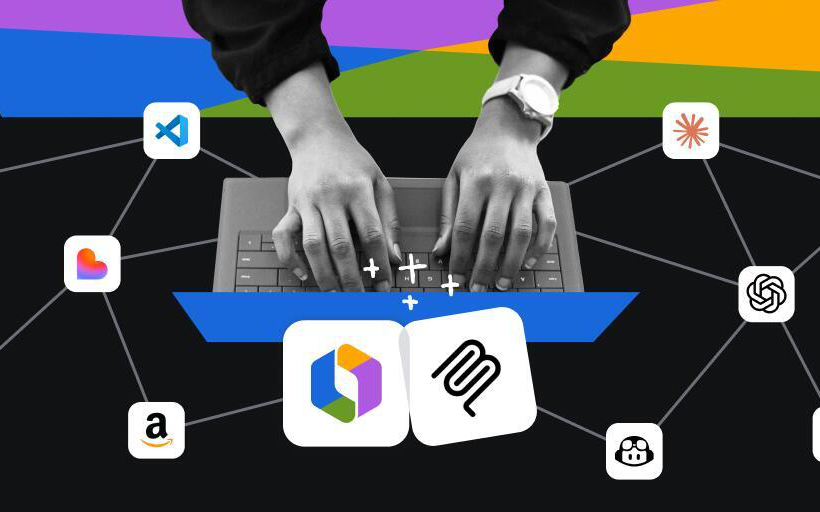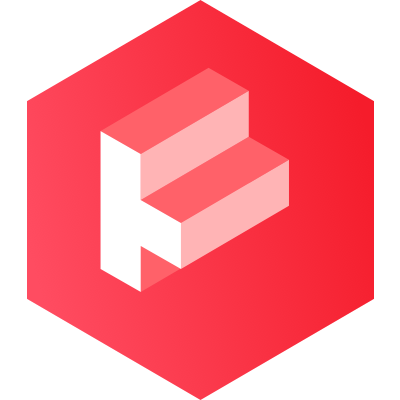Software development
fromInfoQ
21 hours agoKubernetes Introduces Node Readiness Controller to Improve Pod Scheduling Reliability
Kubernetes introduces the Node Readiness Controller to improve scheduling accuracy by synchronizing the API server's node readiness view with actual kubelet health signals, reducing pod scheduling onto unavailable nodes.












